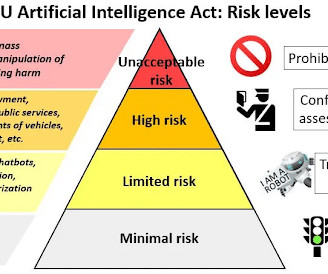The Ultimate Guide to Ecommerce Payment Solutions
Stax
APRIL 3, 2025
But launching your eCommerce store is just half the equationaccepting payments efficiently and effectively is a whole different ball game. On the surface, it seems effortless, with customers only taking a few seconds to initiate and complete payments. The eCommerce payment solution infrastructure involves several key players.












Let's personalize your content